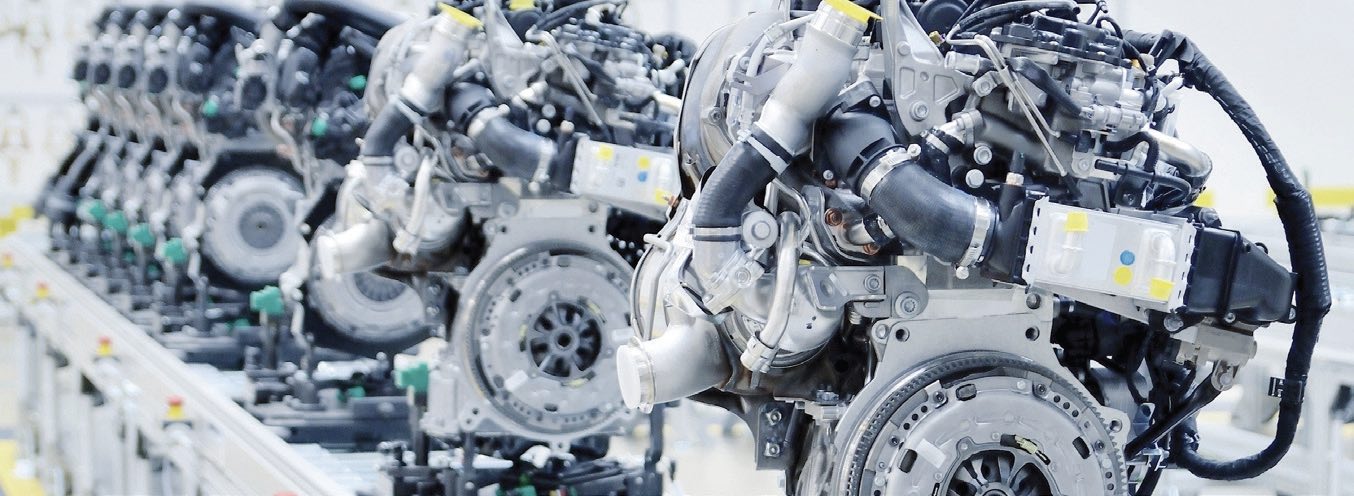TLT: What are the biggest changes you have seen in the lubricant additive industry over the last 20 years?
Brown: Without a doubt it has been the environmental improvements driven by the move to lower sulfated ash, phosphorus and sulfur (SAPS) oils and lower viscosity grade engines oils, initially in passenger car motor oil (PCMO) and more recently in heavy-duty diesel (HDD). The fuel economy benefits and performance improvements driven by using high-quality base oils at low viscosity are immense. Better base oil quality also drives increased oil drain intervals, hence fewer oil changes and less waste oil. Couple that with the move to lower SAPS formulations, enabling aftertreatment devices and improved emissions, you can really start to appreciate the positive environmental impact our industry has delivered. Without these improvements, the environmental impact of internal combustion engines would have been much higher.
TLT: What are the current things you are working on or interested in?
Brown: There is a lot happening; there’s never a dull moment. Driving emissions lower always grabs my interest. We are heading toward PC-12, which will mean better fuel economy, and there are some interesting proposals around chemical limits for aftertreatment protection aimed at driving down NO
X emissions while also increasing aftertreatment device lifespan. Developing technology that reduces CO
2 emissions and NO
X emissions is a goal worth pursuing. Looking back at my environmental chemistry lessons as an undergraduate, I get real satisfaction knowing that I am helping to actively disrupt the atmospheric chemistry mechanisms first identified in California all those years ago. Looking at some other trends, there are many areas where we are active. OEMs are working on hydrogen internal combustion engines, bringing new challenges—you zero out the CO
2 emissions but replace them with a lot of water that ends up in places where you don’t want it, like in the engine, and that’s before we consider some of the other issues with hydrogen as a fuel. Viscosity grades continue to go lower while performance requirements continue to increase. It will be interesting to see what happens after 5W/0W-20—can HDD go even lower in viscosity?

 TLT: What challenges do you see ahead of you?
TLT: What challenges do you see ahead of you?
Brown: This industry never stands still. There is a never-ending list of challenges! The relentless focus on fuel economy and other emissions will take a new turn with the introduction of real-world emissions (RWE) measurements. Historically, emissions have been measured on fresh oils under prescribed laboratory conditions. RWE testing will change all that by testing the vehicle in real time on the road, which will bring fresh challenges to all involved—OEMs, governments, technology providers, etc.
As always in the background there is a push for globalization of specifications, but the world of engine oils is complicated, and the market is fragmented. What works in one region is of limited application in another; base oils are not always globally traded or available. Consumers have strong feelings about viscosity grades, and we haven’t even mentioned price yet.
Decarbonization is a major target for all governments around the world, which will drive fragmentation of the market even further. We are about to enter an age of multiple- fuel options; it will no longer just be about gasoline or diesel. This will bring fresh problems that require new solutions. I’m confident that the lubricants industry will have a significant part to play in this new era.
TLT: What is the future for heavy-duty diesel internal combustion engines?
Brown: I believe that the future is bright for HDD internal combustion engines, but increasingly complex. As already mentioned, decarbonization will herald the multi-fuel era. Engines will be powered by several different fuels—diesel, natural gas, hydrogen and ammonia all spring to mind. We also will potentially see some degree of hybridization and electrification, but the internal combustion engine will continue to dominate the heavy-duty space. However, there will be no single solution that replaces diesel everywhere; regional (and local) variations in the energy supply mix will drive complexity. Some engines will even be able to switch between fuel types depending on where they are being operated and any local conditions that favor a particular fuel at any moment in time.
You can reach Dr. Alisdair Brown at alisdair.brown@aftonchemical.com.